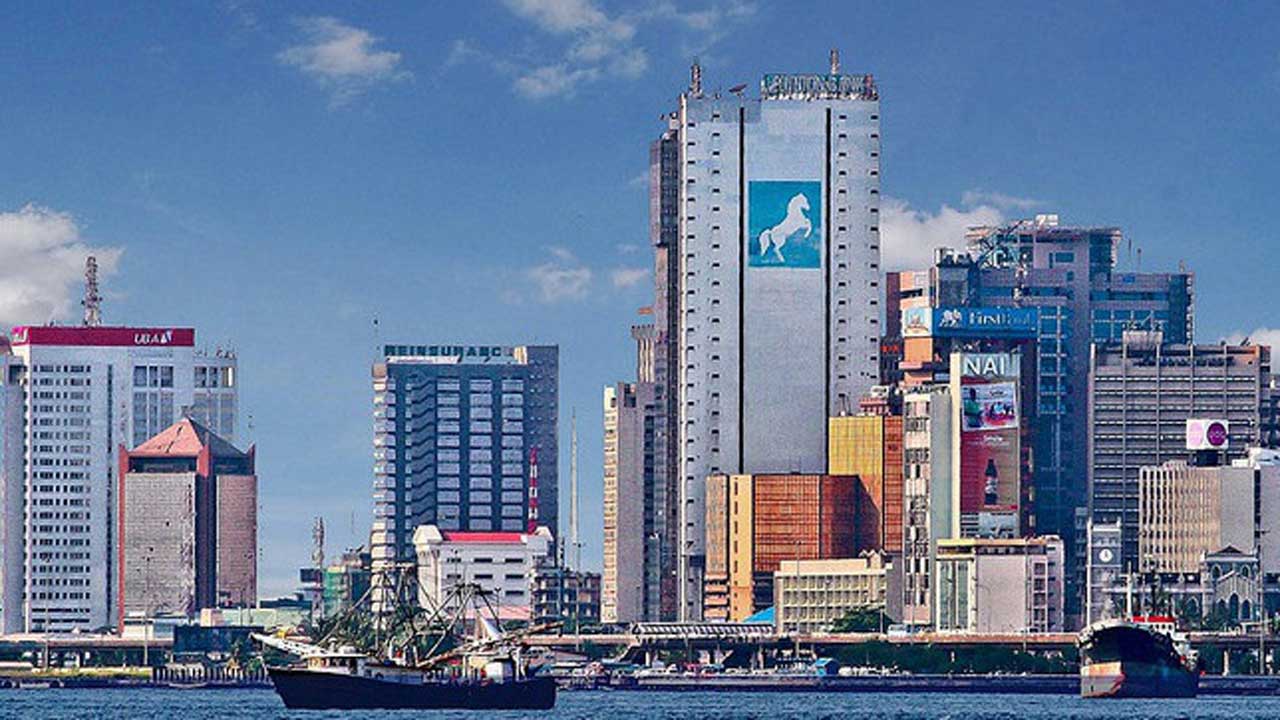
• Banks recorded N1.5 trillion unpaid facility in 2018
• Why there are more cases of default, by operators
The huge rise in banks’ non-performing loan ratio triggered by the prevailing economic downturn has become a source of worry to capital market operators.
The stakeholders expressed fear that the trend could shrink the banks’ current profit levels and their potential growth, and ultimately hamper equity investors’ dividend payout, especially by banks that do not have an appropriate framework to manage risks associated with such huge loans.
To stem the ugly tide, the capital market operators urged the regulators to address the ailing capital structure by adopting a more proactive and stronger consequence management system that would create a disincentive for the general and more specific causes of non-performing loans.
Due to the pressure of the recession on corporate cash flows for debt service, particularly the impact of the foreign exchange (forex) rate crises, there seems to be an increasing level of corporate loan default.
The stakeholders argued that the nation’s economy has not recorded any significant growth since after the 2016 recession. According to figures from the National Bureau of Statistics (NBS), the GDP recorded 1.6 percent, 0.8 percent and 1.9 percent growth in 2016, 2017 and 2018.
After a peak of 37.3 per cent in 2009, various regulatory interventions brought the high non-performing loan level down to 20.1 percent, 5.8 percent, 3.7 per cent, 3.4 per cent and then 3.0 per cent in 2010, 2011, 2012, 2013 and 2014. But, again, the non-performing loan ratio has steadily risen in recent times, a trend which has been of great concern to many local and international stakeholders.
Already, the Federal Government’s establishment in charge of bad debts, the Asset Management Corporation of Nigeria (AMCON), has warned that it would no longer buy such debts, as it struggles to recover outstanding N5trillion unpaid banks loans before its wind-down by 2023.
The situation is made worse by the fact that most companies are yet to recover from the economic recession, and the persistent weak domestic operating conditions, and sluggish economic growth witnessed in the past few years.
For instance, a recently released banking industry report by Agusto & Co showed that about 10.9 per cent of the loan book in the banking industry, representing ₦1.5trillion, was in stage three (impaired) as at December 2018. The figure represents 15 per cent increase in non-performing loans, when compared to the N1.3 trillion posted in the industry in 2017.
Debts in stage three are loans with objective evidence of impairment at the reporting date. In the previous period, stage three loans can be assumed to be ‘individually impaired or non-performing.” They also comprise credit-impaired loans, including all those that are 90 days overdue.
Specifically, in 2017, the non-performing loans amounted to ₦1.3trillion. The 15 per cent increase in stage three loans in 2018, compared to 2017, is evidence of the deterioration of the loan assets. Non-performing loans in the banking sector rose to N2.245 trillion in the third quarter of 2018, from N1.939 trillion in the second quarter, according to data from the NBS.
The data also showed that the NPL ratio – a key metric for banks’ health – rose to 14.16 per cent in the third quarter from 12.45 per cent in the previous quarter.
The stakeholders noted that many Nigerian banks are currently carrying large portfolios of non-performing dollar-denominated loans mostly granted to the oil and gas, telecoms and power sectors. They said such loans had ultimately weakened the banks’ foreign currency liquidity positions.
The Managing Director of Highcap Securities Limited, Imafidon Adonri, described the situation as worrisome, expressing fear that the ugly trend would affect banks’ dividend payout and stock market performance because the market rewards good dividends.
“The thing about bankers is that they lend aimlessly. My fear is that the supervision of the banks appears to be weak because if they follow the rules of supervision tenaciously, there is no way they can accumulate such huge unpaid loans.
“Although the state of the economy can send those loans into becoming delinquent when the borrower does not intend to make it so because when the economy is challenged, the tendency of loans becoming delinquent is huge.
“The colossal volume is worrisome because everybody knows that the economy is not likely to perform well based on what we are seeing, so why would you have to extend credit under such a situation?
“This will affect the bottom-line and dividend payment because if the bottom-line reduces, the payout ratio will reduce eventually, and that will affect the entire market. It will definitely have a spiraling effect on the market.”
According to Adonri, “The banks need to recapitalise to block the shortfalls. They need to beef up their risk management framework, they have to ensure that the credits they grant are those that are not likely to be delinquent, considering the nature of the economy. “
The Managing Director of GTI Securities Plc, Amos Aladere, said the rising non-performing loans would impact on the banks’ capacity to declare huge profits.
According to him, the Central Bank of Nigeria (CBN) may soon issue a directive compelling the banks to clean up their loan book. “Such directive would put pressure on the banks to make more provisioning which would ultimately impact on their profitability because the loan book would gradually be written off.
“The ability to give fresh loans will be constrained. They will buy more treasury bills and FGN bonds rather than giving out fresh loans and this will not grow the economy.”
The Head, Research, FSL Securities, Victor Chiazor, described significantly high non-performing loan ratio as one of the major causes of banks collapse in recent times. “There is the need for banks to constantly monitor the on-performing loan levels to militate against such a risk,” he said.



